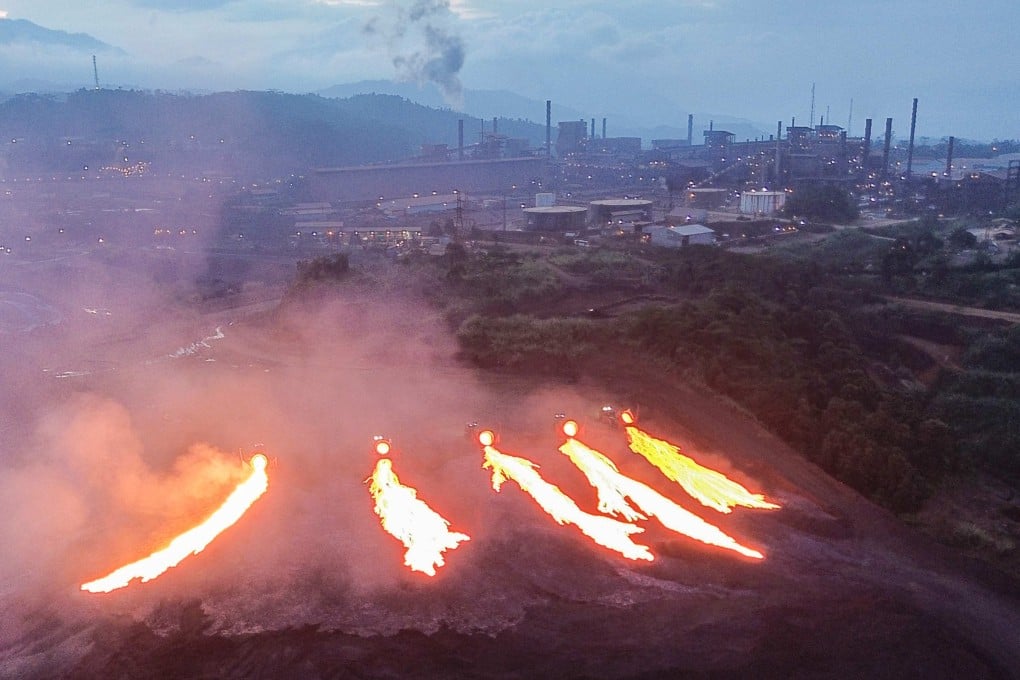Advertisement
The View | Indonesia and Philippines must clean up their nickel mines
A US report on worker exploitation adds urgency to the call for reform of an industry already battling accusations of environmental abuse
Reading Time:3 minutes
Why you can trust SCMP
1

A recent US Department of Labour report, which placed Indonesian nickel on its list of items produced through forced labour, has dealt a significant blow to Indonesia’s ambition to become a leading global supplier of critical battery materials.
Advertisement
The report highlighted the poor working conditions prevalent in nickel smelters, primarily located on the islands of Sulawesi and Maluku, where workers face harsh treatment including arbitrary wage deductions, violence and constant surveillance.
Meanwhile, the Philippines, another major nickel producer, is grappling with its own set of challenges. It is dealing with issues including severe water pollution and health risks for local communities.
As the world’s demand for nickel surges, driven by the rapid growth of the electric vehicle industry, Southeast Asia’s nickel mining sector has been thrust into the global spotlight. Indonesia and the Philippines, which together accounted for more than 60 per cent of the world’s nickel production in 2023, now find themselves at the epicentre of a complex quandary.
This growing industry has exposed a stark dichotomy between the promise of economic prosperity and the grim reality of human exploitation and environmental devastation from irresponsible mining.
Advertisement
The threats span a wide range of areas. Deforestation and habitat destruction severely jeopardise biodiversity, leading to the loss of species and ecosystems. This, in turn, contributes to increased disasters in the region as degraded ecosystems are less resilient to extreme weather.

Advertisement
